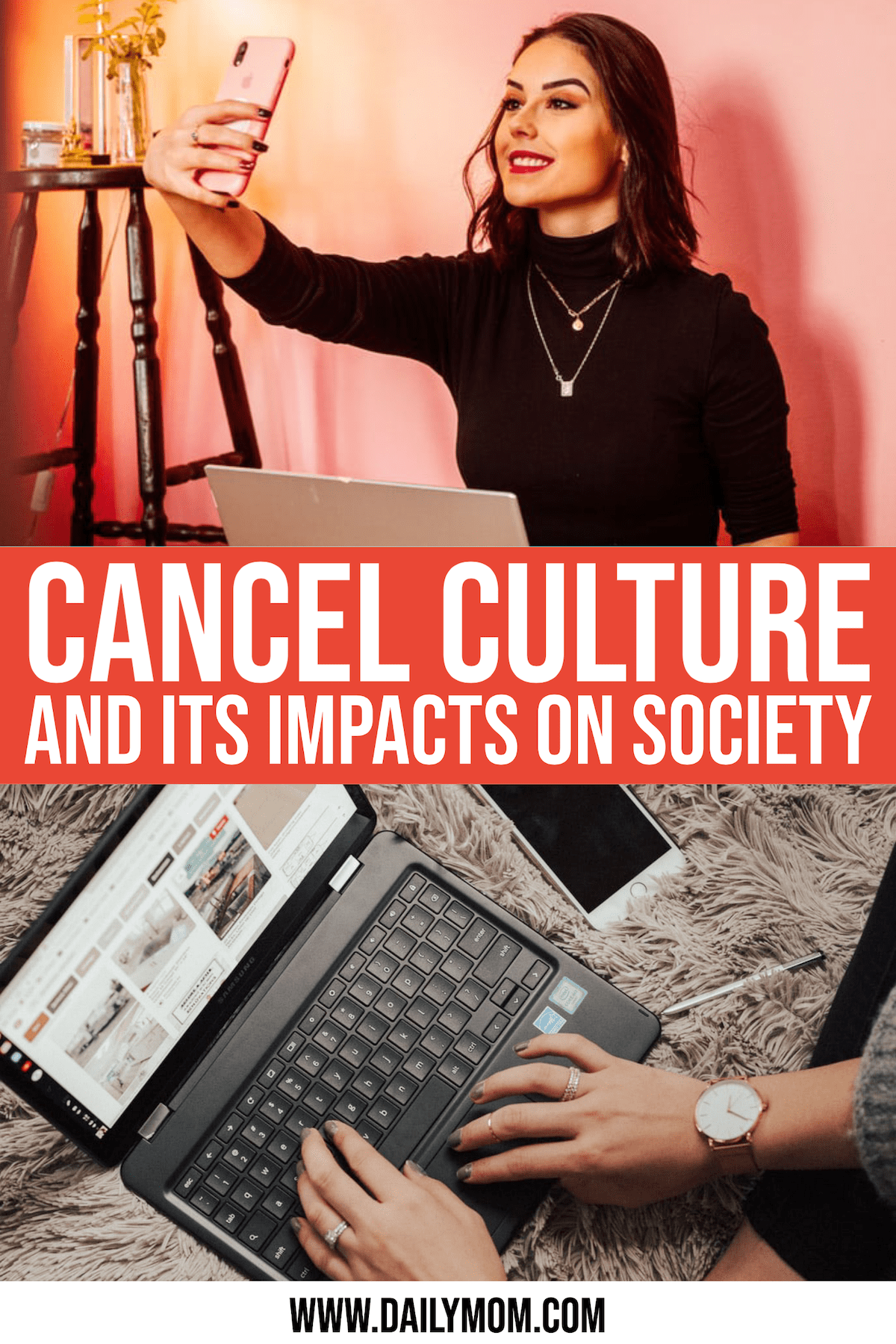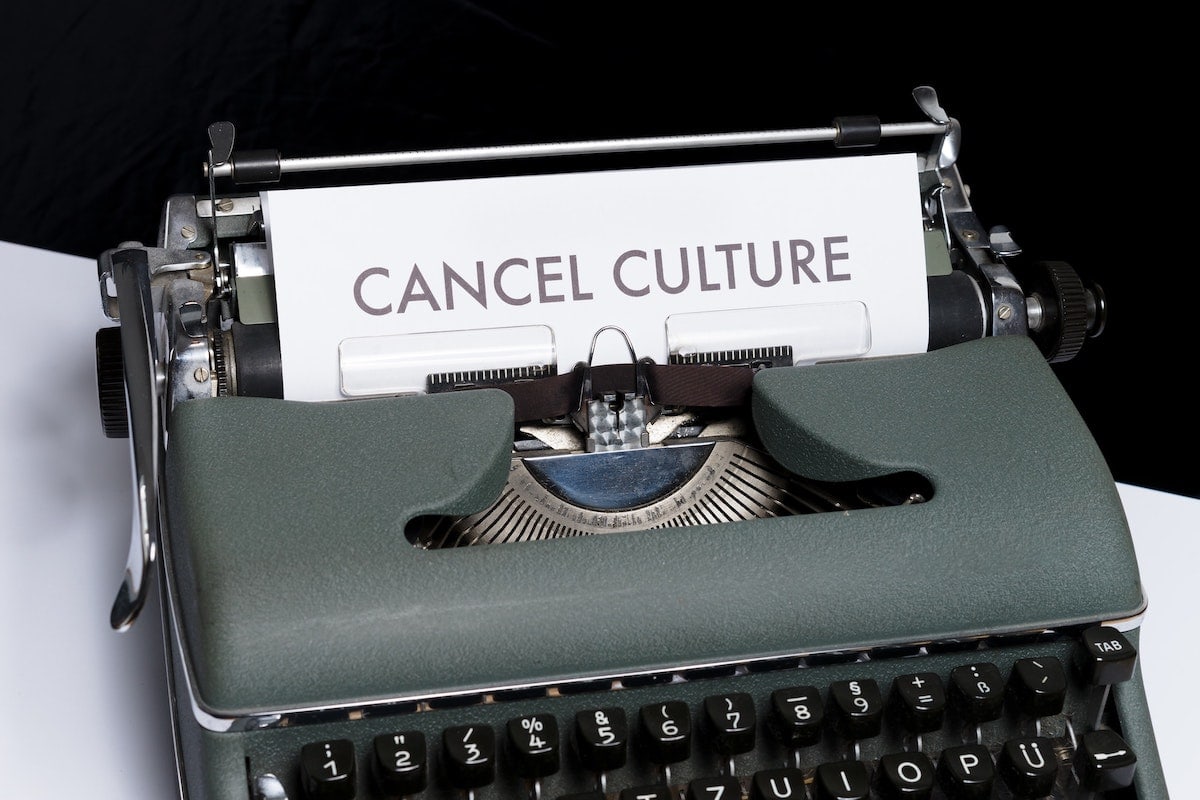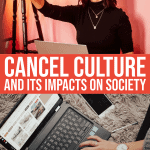When thinking of the word “cancel” a couple of things might come to mind. Canceling might mean going away, being eliminated, or that something will no longer take place. When hearing the buzz term “cancel culture” for the first time it may give pause when trying to wrap your head around the phrase and meaning. One might think those Millenials and Gen Z’s are coming up with their own language again but in all actuality, cancel culture has been around for quite some time.
Cancel culture gained a strong foothold in 2017 in conjunction with the #MeToo. This popular idea of “canceling” individuals, most often celebrities, for problematic actions or statements was on the rise. Some of the most well-known individuals faced criminal charges such as Harvey Weinstein and Jeffrey Epstein for their sex crimes. Then there was Matt Lauer and Kevin Spacey who were quickly replaced to fill their leading roles as lead anchor and actor. These individuals’ lives might be ruined forever, but canceling doesn’t always mean a scared reputation and jail time. Let’s dive into the making of cancel culture and how it is affecting our society today.
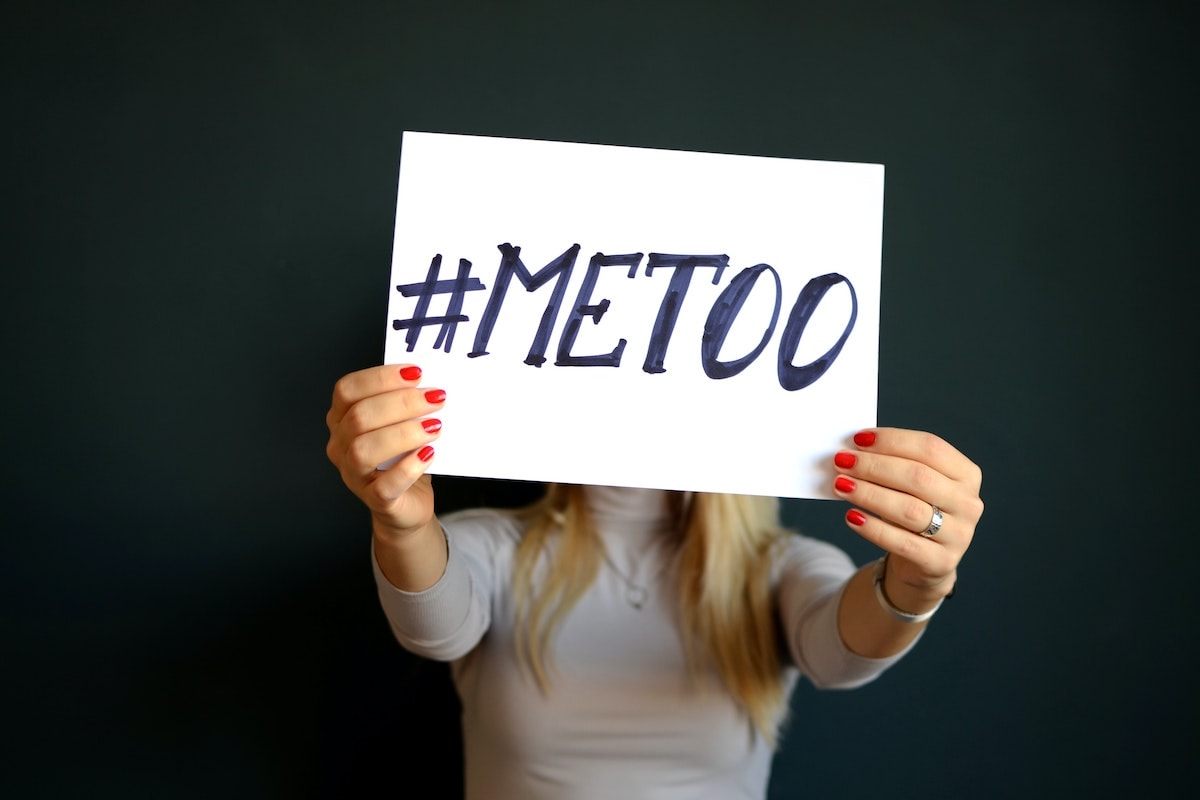
Read More: Pros And Cons Of Joining An Online Support Group
What is Cancel Culture?
Cancel culture refers to withdrawing support for someone or some brand due to public commentary that affects their reputation and/or employment. This viral attack is generally done using a social media platform in the form of online shaming. Cancel culture has no bias and is used by all ages. Canceling has become extremely popular among teenagers via Twitter, Instagram, and TikTok. Some might say it is a way to call others out for speaking their mind or saying completely inappropriate and unacceptable things. Others might say cancel culture helps to eliminate power over someone who has said something offensive. And yet one more perspective of cancel culture is that it is just freedom of speech.
Is cancel culture too harsh in minor instances, do individuals participating in a peaceful protest or those who make a snarky comment on Twitter deserves to be shamed publicly or terminated from their employment? While canceling someone for their actions might seem appropriate depending on the situation, Miriam Webster agrees that public figures need to be held accountable for objectionable behaviors and opinions. The result of canceling has harsh consequences. Could the quick judgment of canceling because of what was said and how it looks be complicating the matters more than they need to be?

Read More: Why You Should Delete Your Social Media
Whats Does Cancel Culture Mean For Those “Canceled”?
The internet has opened up a world full of criticism, unrealistic lifestyles, expectations, and a platform to express your thoughts, which has also given way to harsh judgments from friends, family, and even strangers. Canceling has shown to do a couple of things to an individual as they take to social media to air their thoughts. It can either ruin that person’s life or boost their career, even if it is temporary. An example of the former is Roseanne Barr taking to twitter with racist comments and having her TV hit series immediately canceled then re-aired without her. Ouch!
Or in contrast, you have R. Kelly and the late Michael Jackson seeing a boost in their streaming hits after allegations of years of sexual assault and a documentary exposing this lifestyle. So it seems there may be a sense of sympathy for some individuals being canceled. Does our society shame those for pushing moral boundaries and placing blame on someone for just simply having an opinion? Canceling someone is supposed to deter their bad behavior and potentially cost them their career and personal brand. So which side is society on anyways? It seems the verdict might still be out.

Read More: 20 Tips For A Positive Relationship With Social Media
Cancel Culture On The Rise
As social media continues to grow and has become even more a part of our lives due to adding in a pandemic with the inability to be social, there has been a rise in more people speaking out that might not have always done so. Celebrities for example are highly visible through social media and a large group that can be canceled, however companies and brands are also getting backlash for their long-standing racist imagery. Following weeks of protests for systemic racism and police brutality, there are quite a few brands changing their names and imagery as an outcome.
To name a few, Aunt Jemima has said they will be changing their name and removing their image stated to have been based on a racial stereotype. Uncle Ben’s Rice and Mrs. Buttersworth pancake syrup have also announced they will revisit their packaging. Monumental statues have been removed since George Floyd’s death and even sports teams, such as the Washington Redskins, are jumping on board with changing their name due to pressure from sponsors and activists who have claimed the name racist for quite some time.
Read More: Ways To Love And Support The Black Community
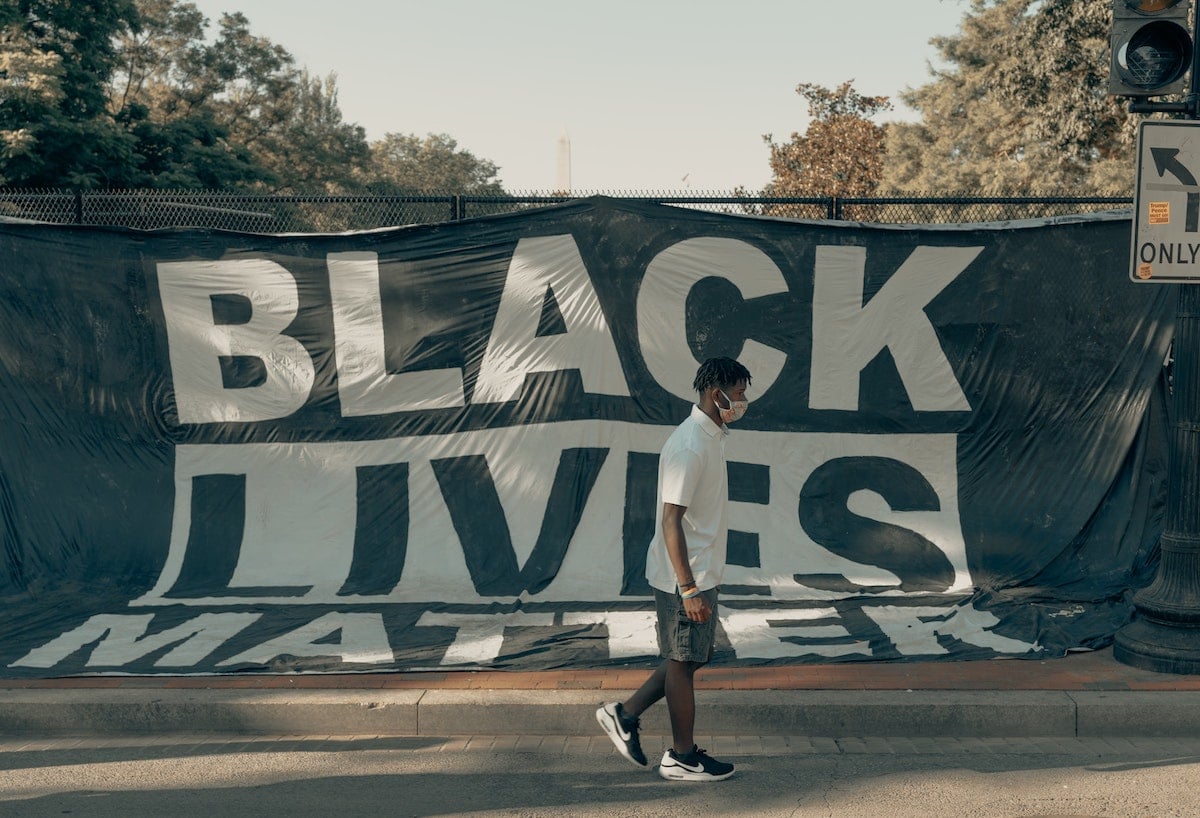
Social Media And Our First Amendment
The First Amendment protects individuals from government censorship meaning any hateful words based on race, religion, sexual orientation, ethnicity, gender or any other traits cannot be censored unless that speech incites or is likely to incite lawless action. With social media platforms being private companies they determine what is appropriate or not and can censor as they see appropriate. So there is no First Amendment obligation to protect your freedom of speech. So do you have the right not to get kicked off social media for freedom of speech? The answer is no.
Of course there are two sides of this coin. On the one side you have those who feel social media platforms are not doing enough to protect us against violence, hate crimes, and false speech. Then on the other, there are those individuals who are upset at the banning and even restricting access of certain speech expression. Social media platforms are the vehicles that drive information amongst not only family and friends but also between us, and governmental officials. They are platforms for people to express themselves whether it is useful information or not. So the question still remains, should private platforms such as Facebook and Twitter be able to censor our freedom of speech?
As we continue to push through the start of a new decade, we are faced with a society that takes to social media to express feelings of hopefulness and change but also feelings of sadness and anger. Cancel culture is said to hold those individuals accountable for their reckless speech and hostile actions. Will canceling continue to be a controversial subject stated to take away the freedom of speech while not potentially protecting people from online scrutiny? There is still much debate over this action and it looks like there might not be an answer anytime soon but maybe before the end of the decade. Stay Tuned!
WANT TO READ MORE?
Check out this article on Cyberbullying And How It Might Affect Your Child.
💖 NEWSLETTER: DAILY READS IN YOUR INBOX 💖
Sign up to receive our picks for the best things to do, see and buy so you can relax and focus on more important tasks! Let us help you be the best version of yourself you can be!
GET MORE FROM DAILY MOM, PARENTS PORTAL
Newsletter: Daily Mom delivered to you
Facebook: @DailyMomOfficial
Instagram: @DailyMomOfficial | @DailyMomTravel | @BestProductsClub
YouTube: @DailyMomVideos
Pinterest: @DailyMomOfficial
📌 LOVE IT? PIN IT!📌
